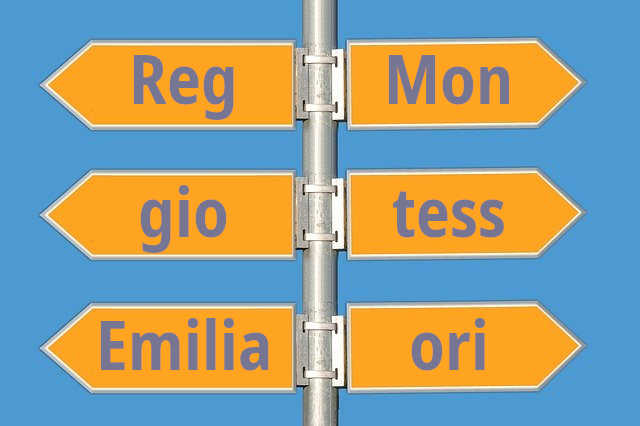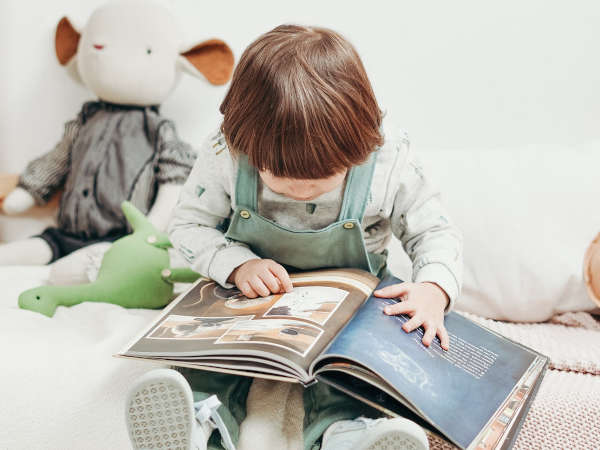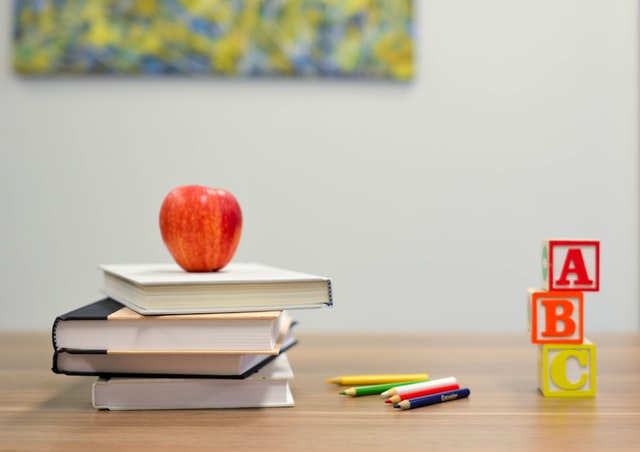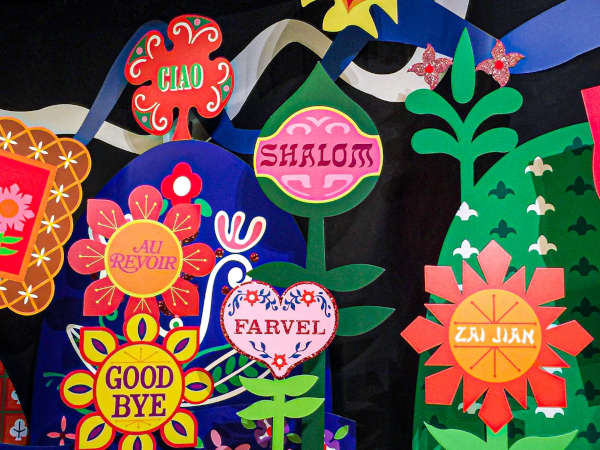All You Need to Know About Montessori

There are many different teaching philosophies and methods for parents to choose from for their young children. One of those methods is called “Montessori.” This method is centered around allowing the child to make choices about what they are learning, and the adult acts as a guide. In the Montessori environment, learning is hands-on and self-directed.
The Beginnings of the Montessori Method
The Montessori method began with Dr. Maria Montessori. She was Italy’s first female doctor, and she believed that children built themselves from what they encountered in their environment. Her first school, Case dei Bambini, opened in 1906. The school served underprivileged children. Through her child-centered approach, they were encouraged to explore their learning environment to expand upon their individual strengths. In 1909, she released a book called The Montessori Education. The book created a frenzy and Montessori schools began to open all over the world. She would go on to found the Association Montessori Internationale (AMI) in 1929. The AMI provides teacher education and guidance for all the Montessori schools that were opening across the globe.
Principles of the Montessori Method
The Montessori Method focuses on 5 principles. They are:
- Respect for Students – In traditional schooling methods, instruction and classroom structure is very teacher-centered. Often the needs and interests of the child is secondary. The Montessori Method allows for children to develop positive self-esteem and autonomy.
- The Absorbent Mind – Children are innate learners, and it is our responsibility (as adults) to provide them with opportunities to explore and learn. We must give children space to do things on their own, and to pursue their interests.
- Sensitive Periods – These are moments in a child’s development where they are more receptive to learning certain information, or mastering specific skills. The responsibility of the adult is to observe the child and make the appropriate tools and information available to the child to maximize their learning during this period.
- The Prepared Environment – Montessori environments are easily accessible for the child. Learning materials are organized, and situated at the child’s level. Children are given the freedom to explore the environment on their own, and all the materials and tools are appropriate for the child’s use independently.
- Auto education – The 4 previous principles culminate into the final principle which states that children can teach themselves. With proper support and guidance, an environment that is child-centered, and encouragement, children will be able to learn anything.
The Montessori Classroom
Montessori classrooms are set up so the child can independently select the work they want to do throughout the day. The classroom furniture is sized appropriately for their age, and the materials that are available have been carefully selected for their exploration. Children can work individually or they may work in a group. The classrooms are comprised of mixed-age groups, this removes the competitiveness that can arise in same-age classrooms and places the focus on the range of talents and abilities throughout the classroom. Montessori classrooms are neatly organized, and carefully planned with specific materials and tools.
The Benefits of the Montessori Method
There are many benefits for children who attend a Montessori school. Some of the benefits are:
- The whole child is nurtured.
- Each child receives individualized instruction.
- A natural love of learning is cultivated.
- Autonomy and independence are encouraged.
- Children are taught life skills and organization early on.
- Their social-emotional skills are enhanced.
A Montessori school is a great choice for families that hope to instill independence and a natural love of learning in their children. The Montessori method teaches children how to learn and provides them with an environment that allows them to successfully build their confidence and social skills. Montessori considers the whole child and prepares each child to succeed academically.






